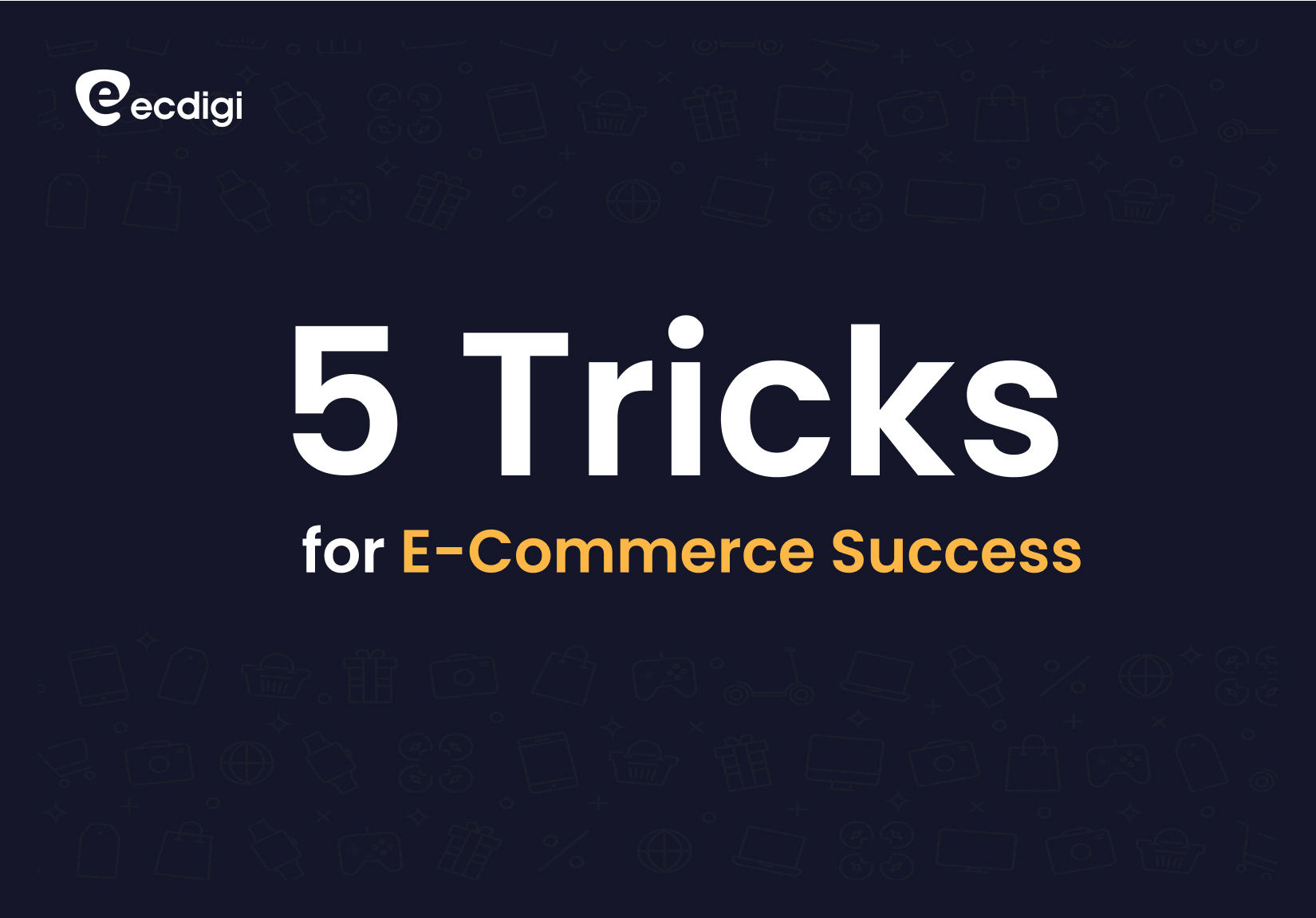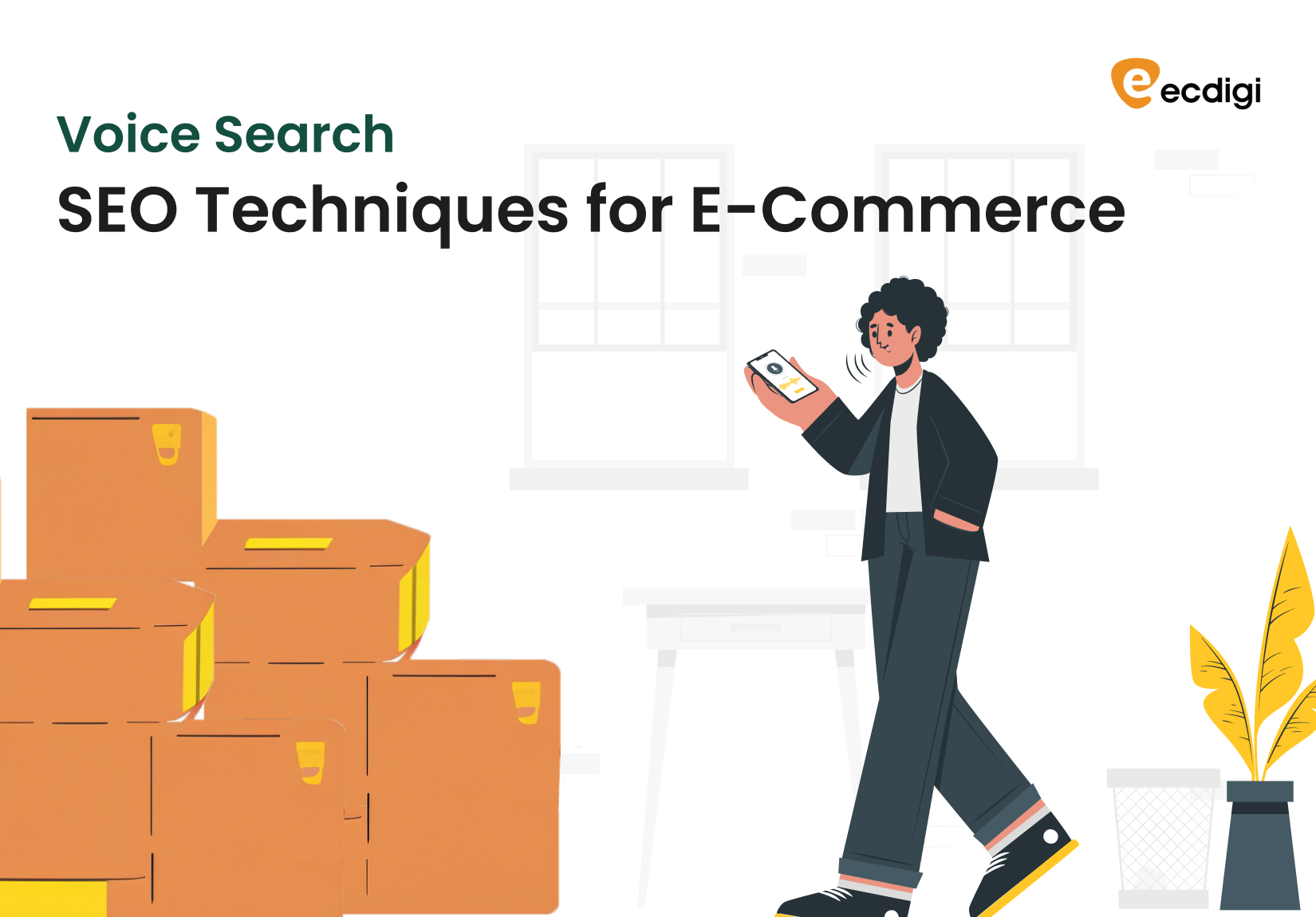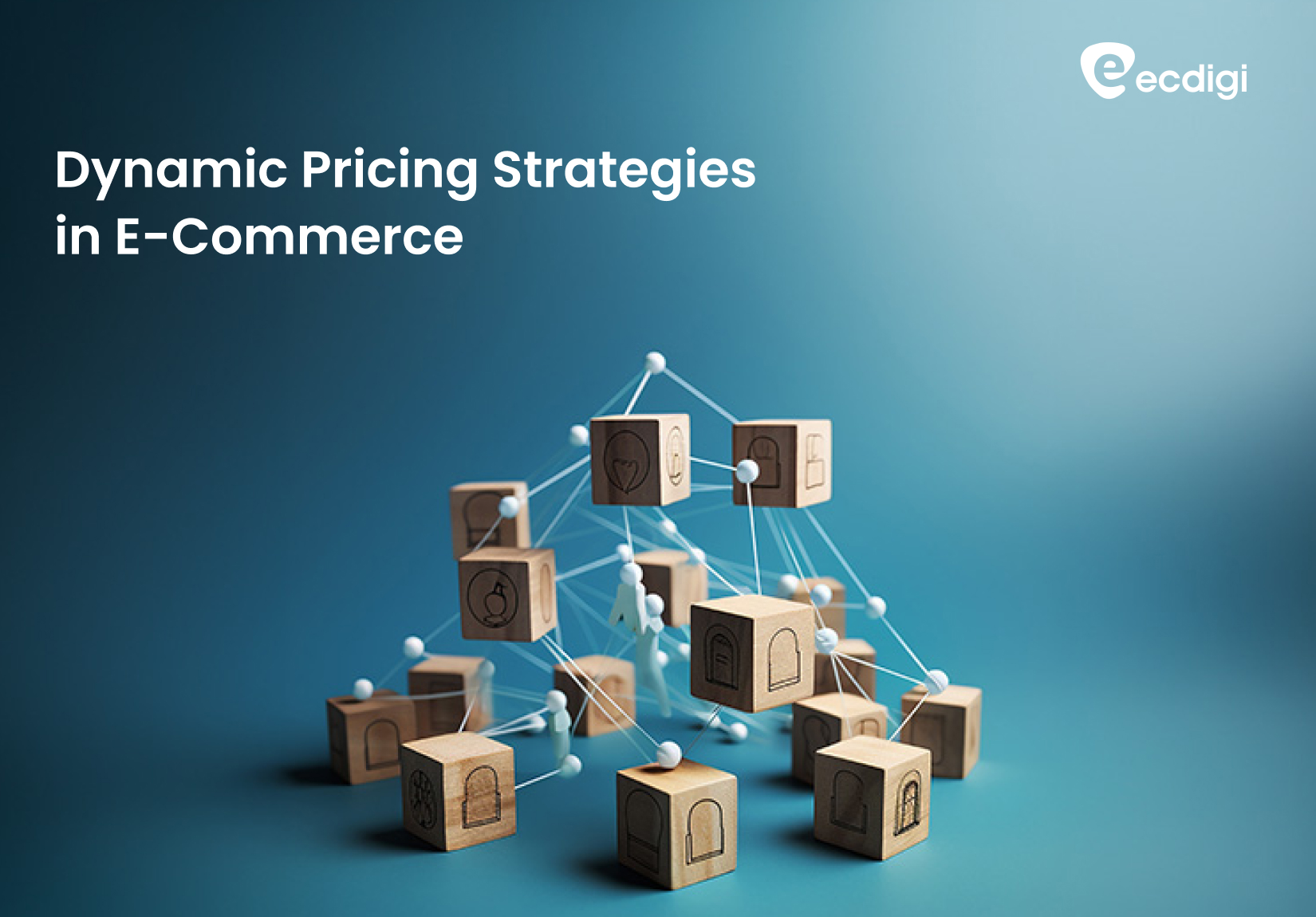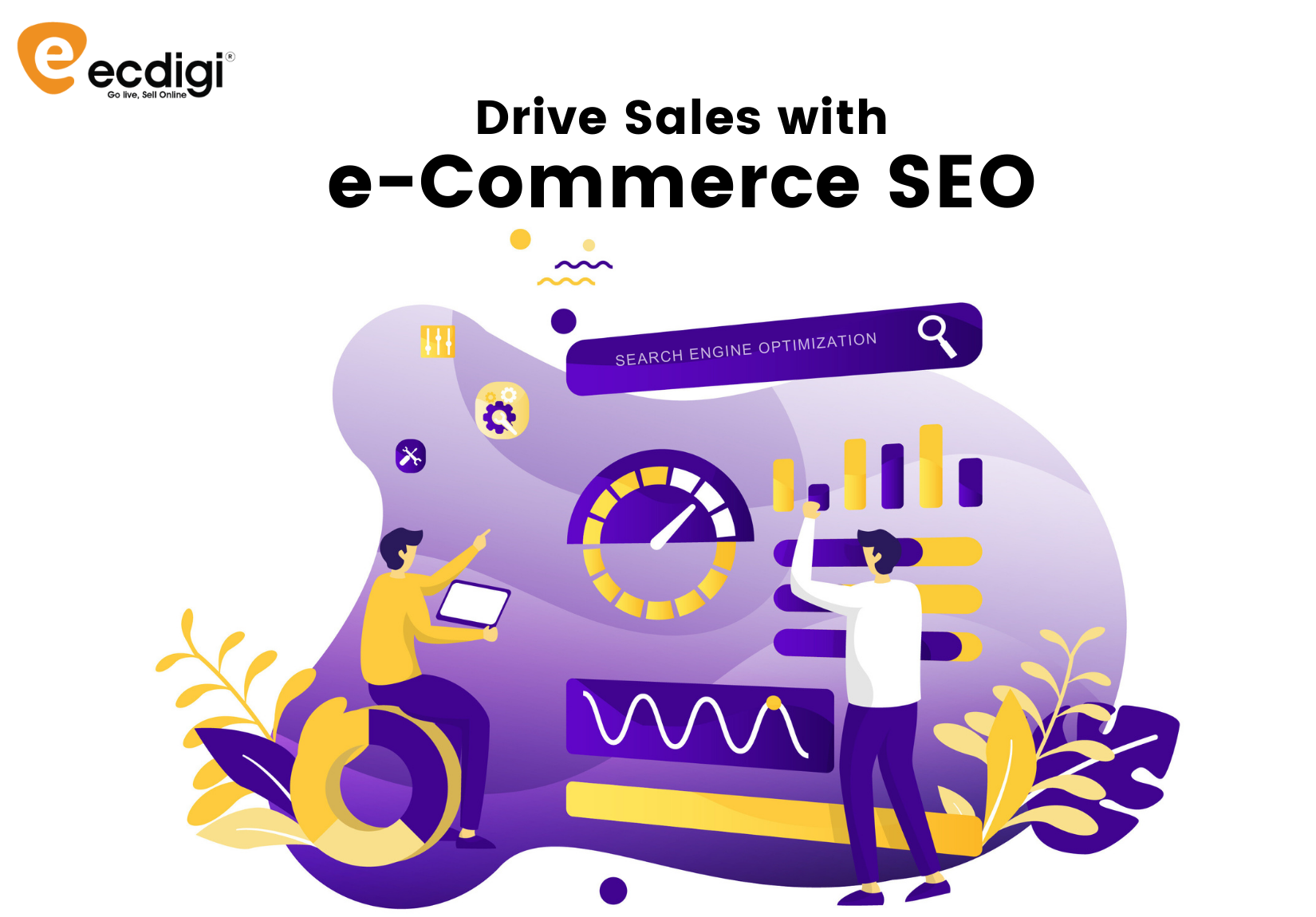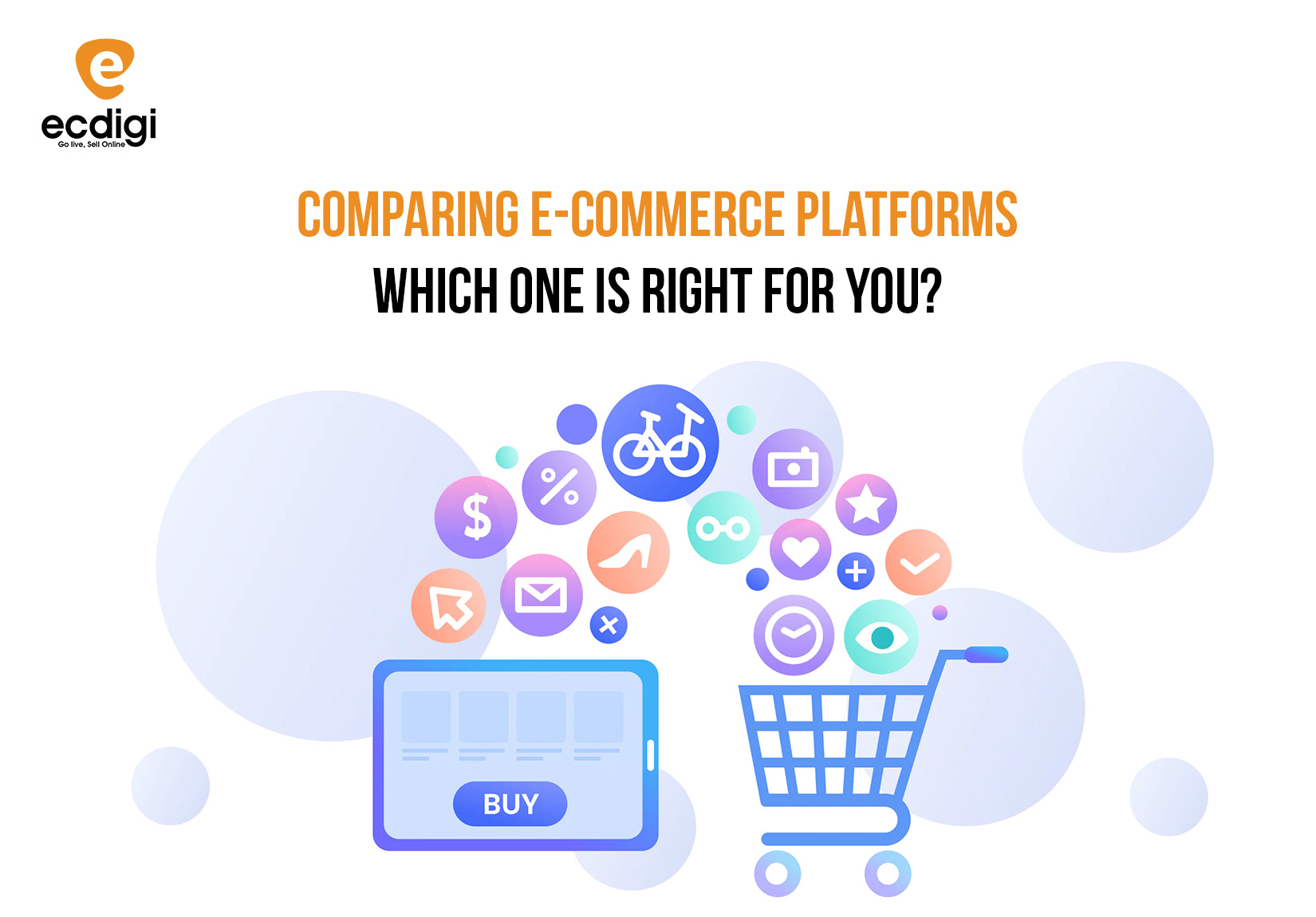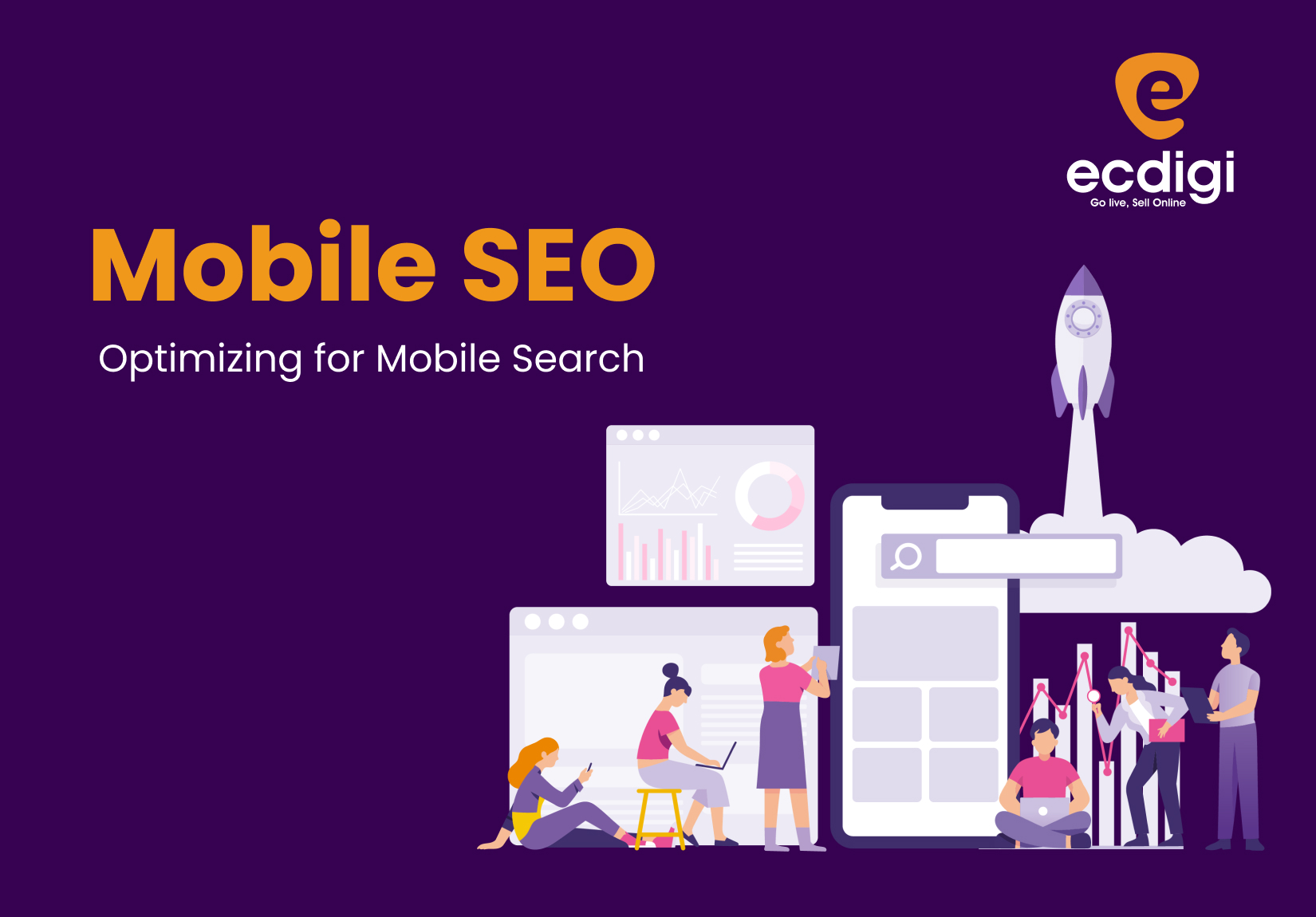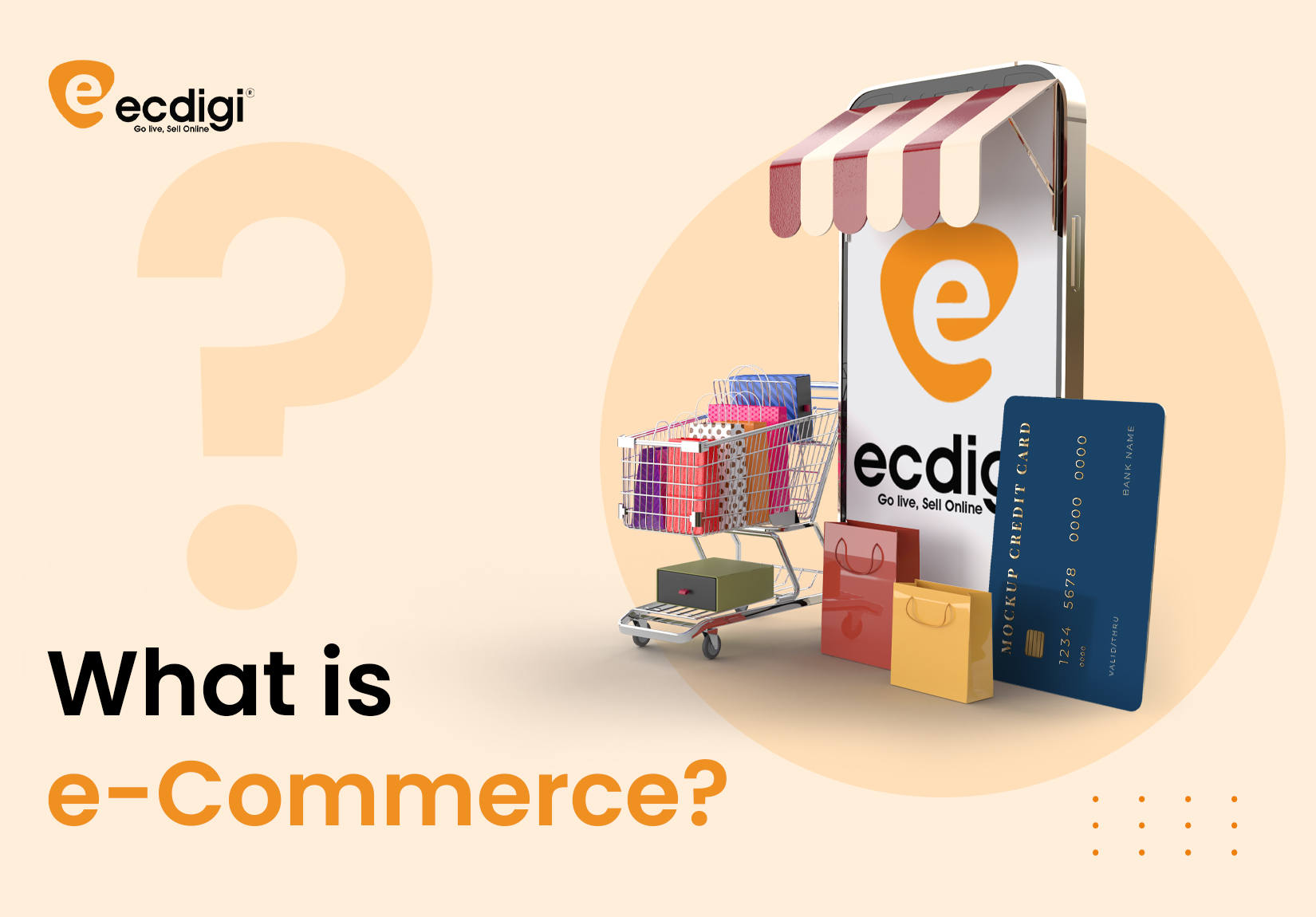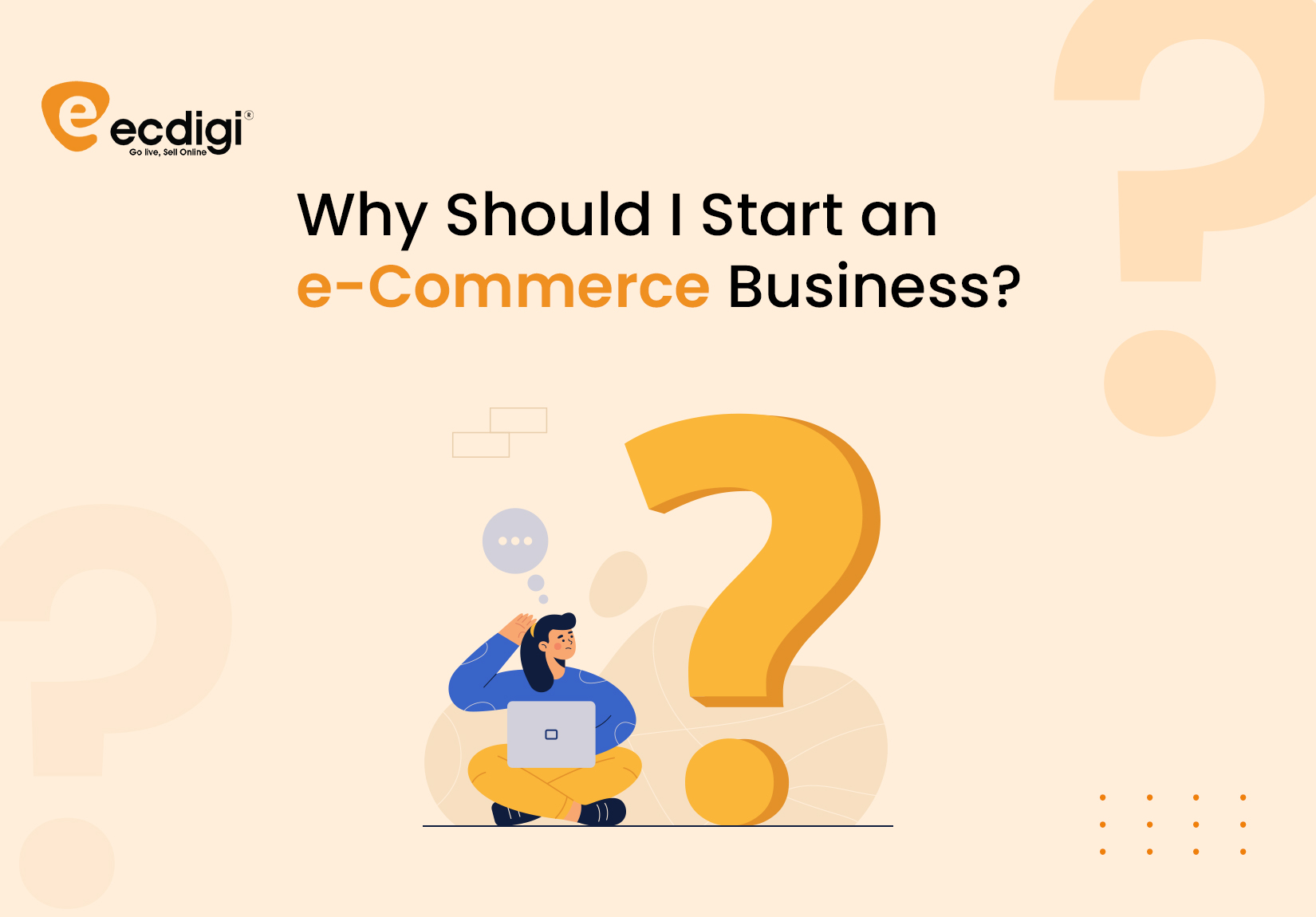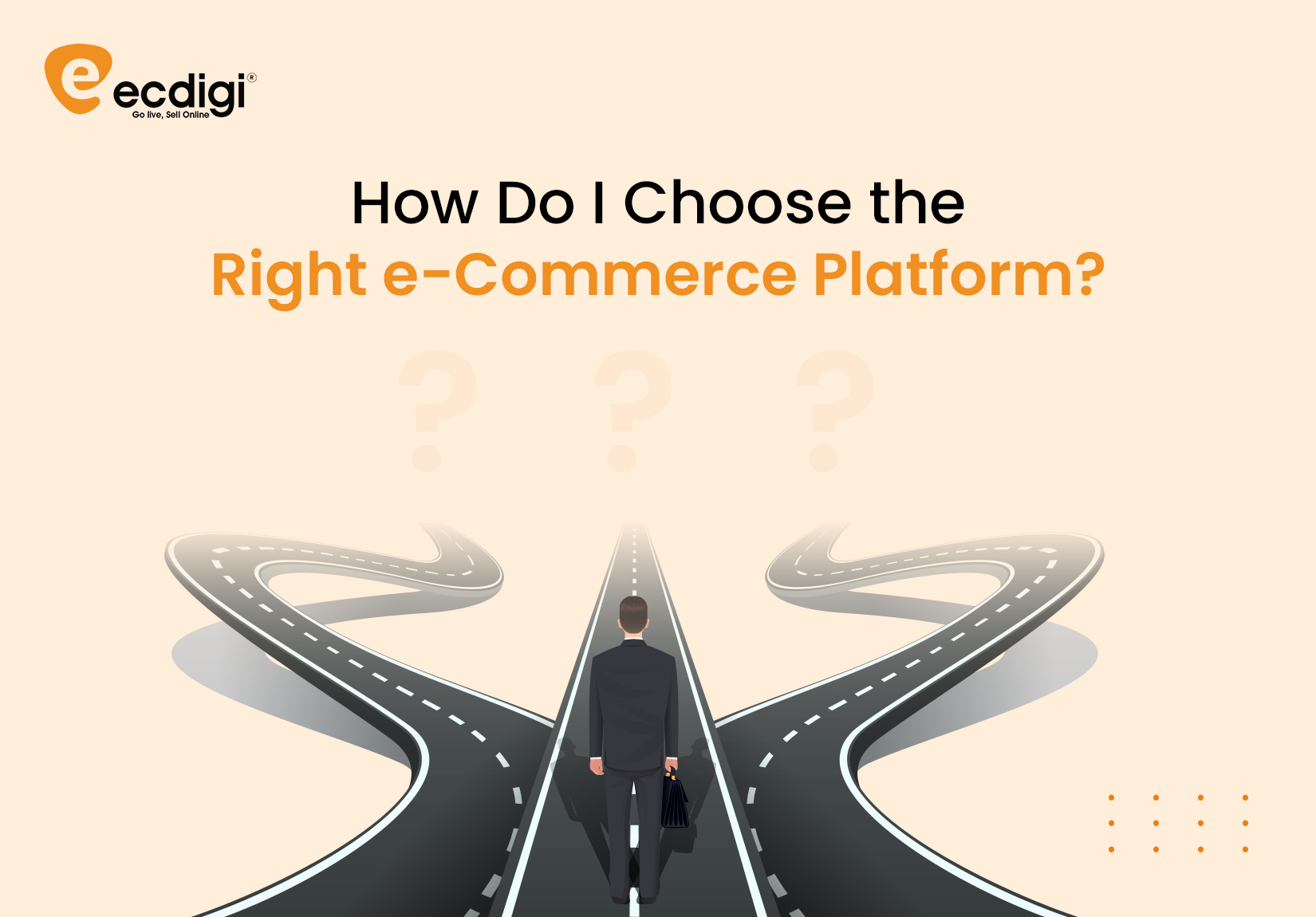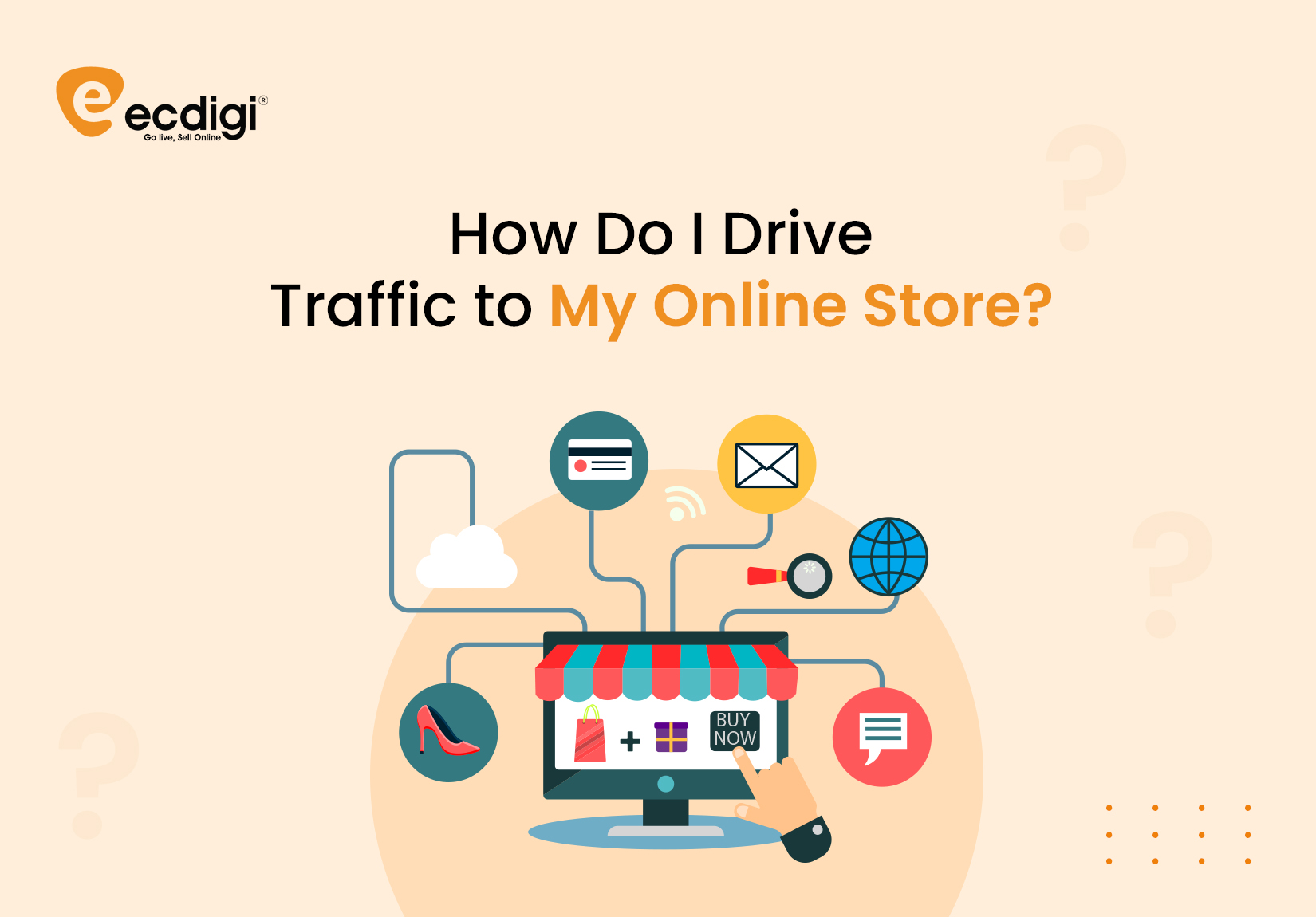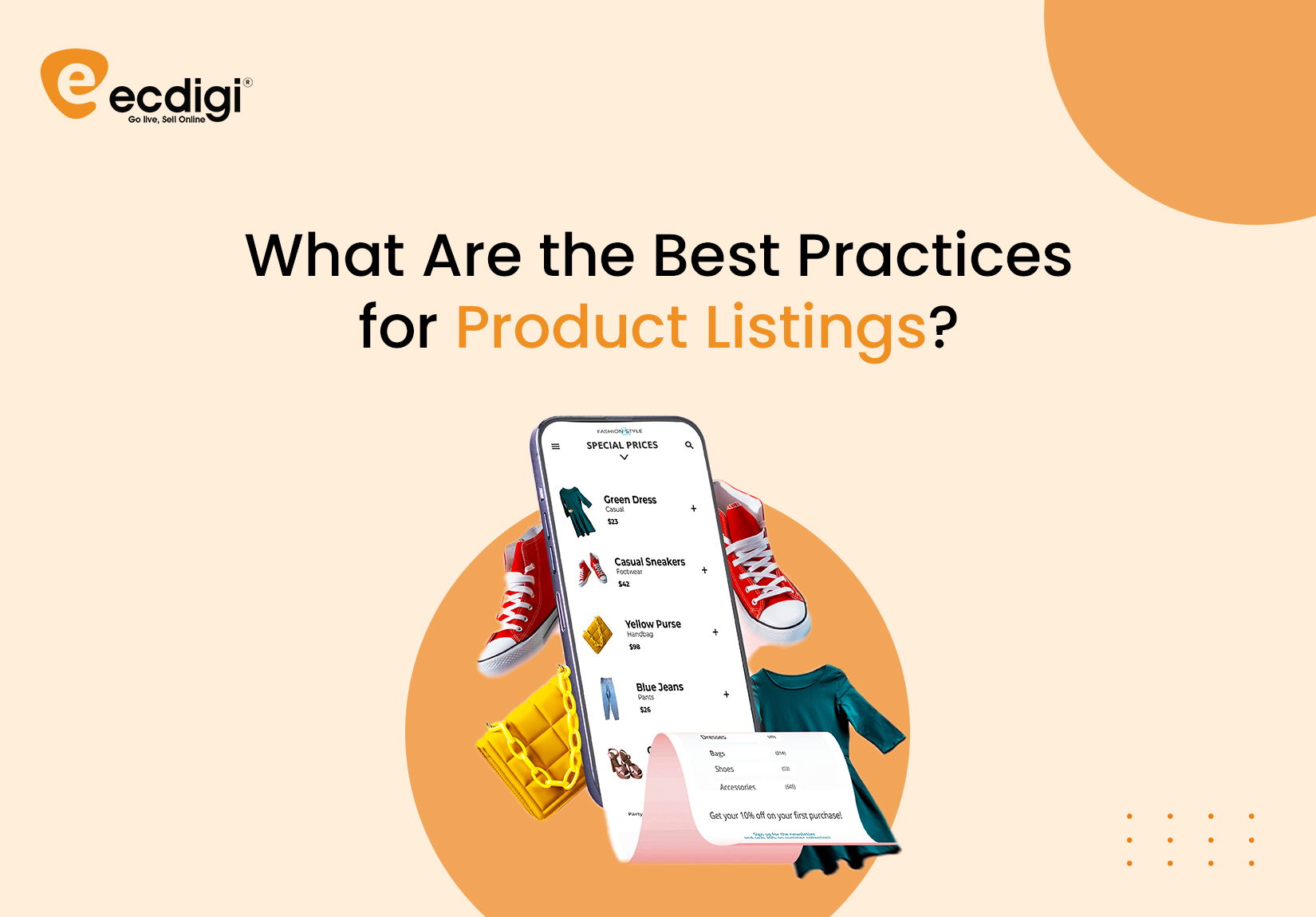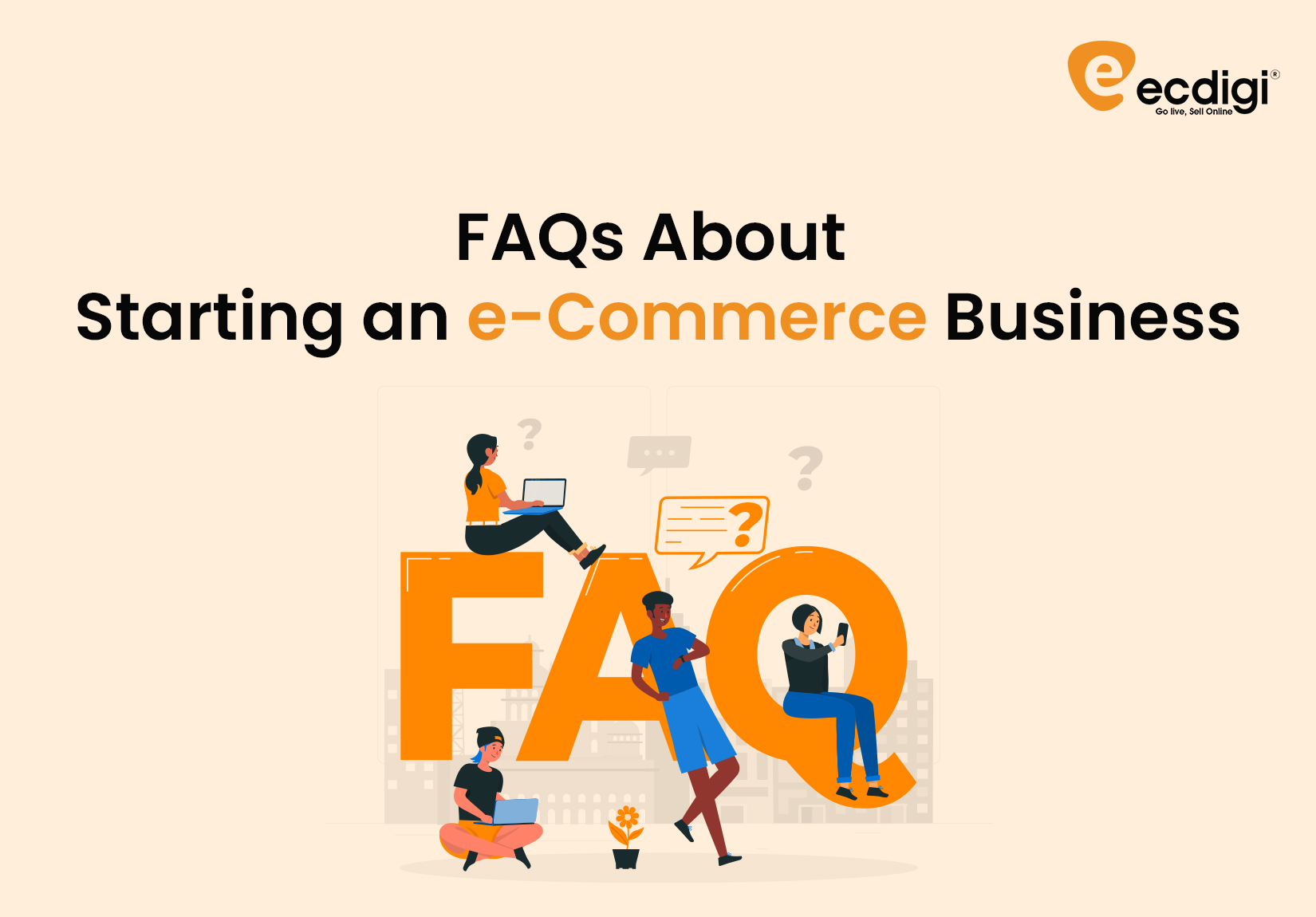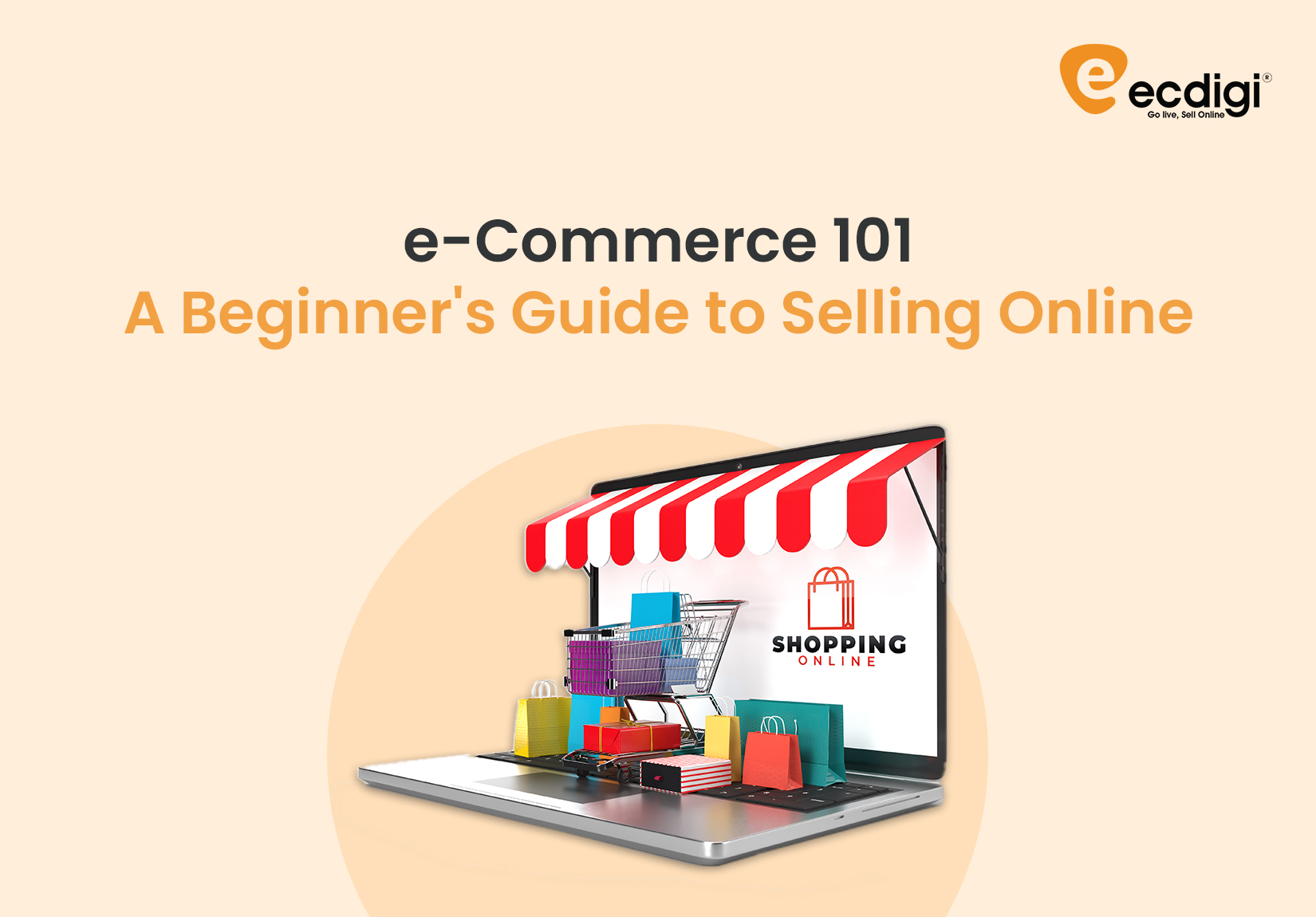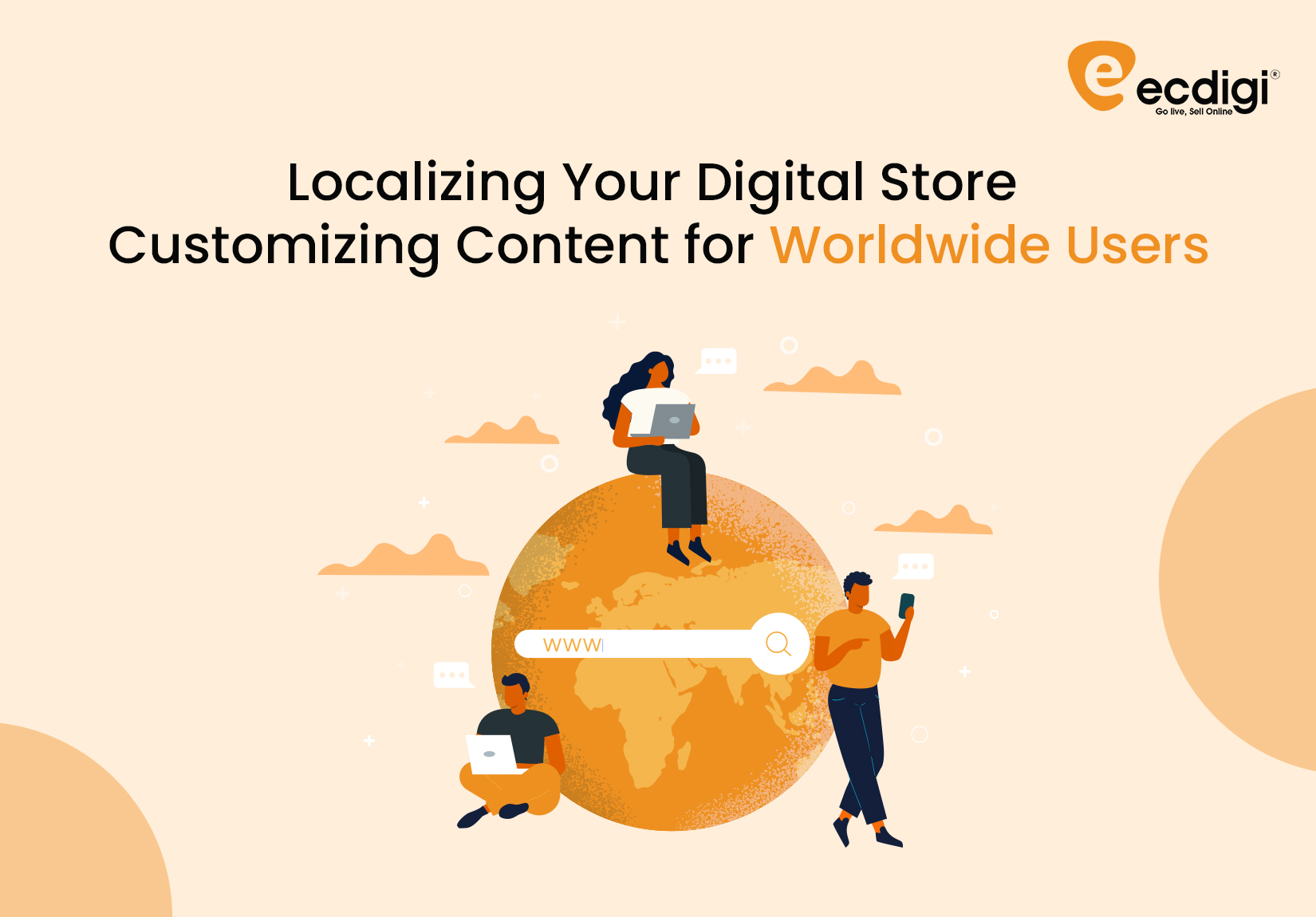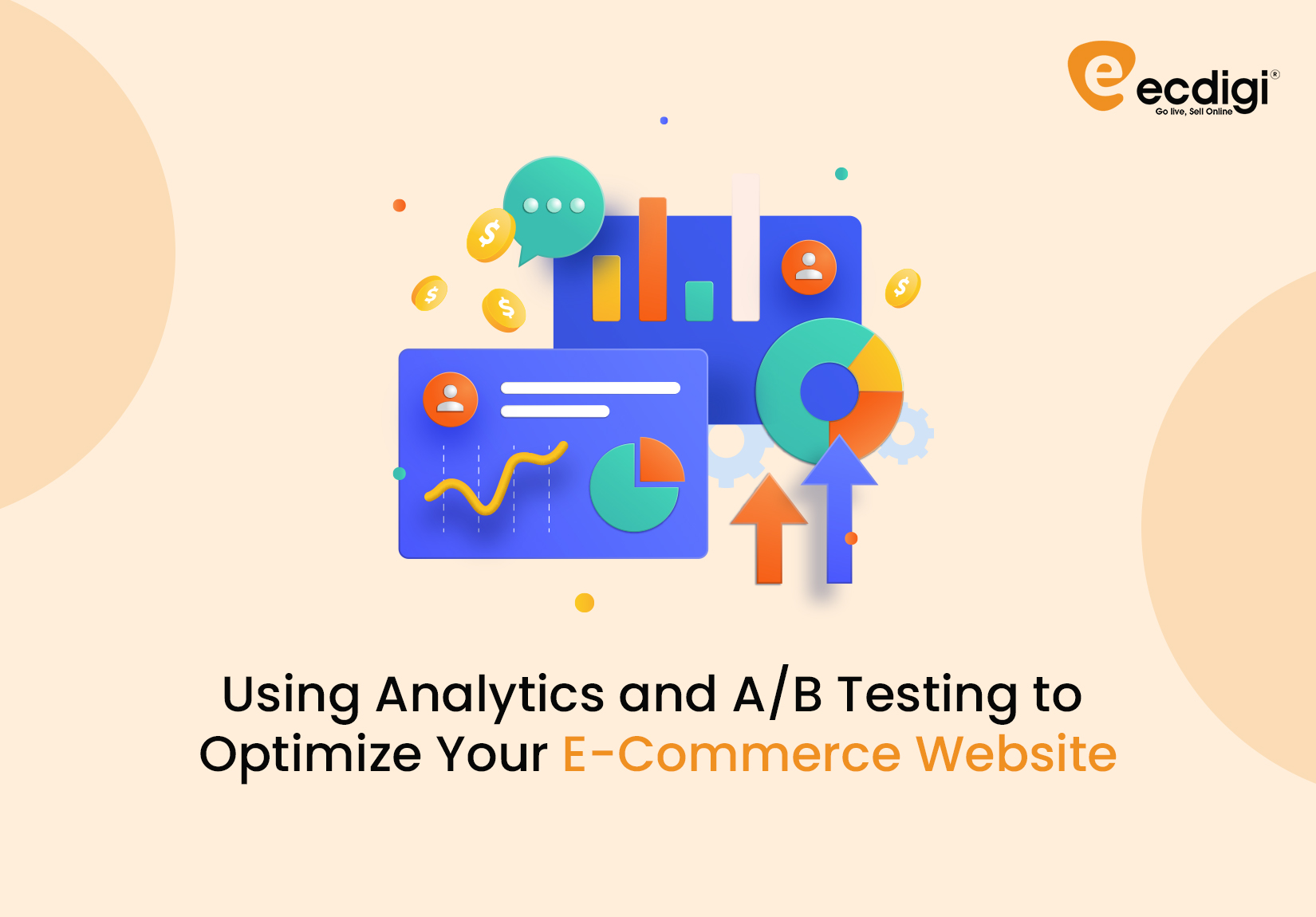Guest Post: The Importance of SEO for e-Commerce Success
e-Commerce SEO | 13 Aug, 2024
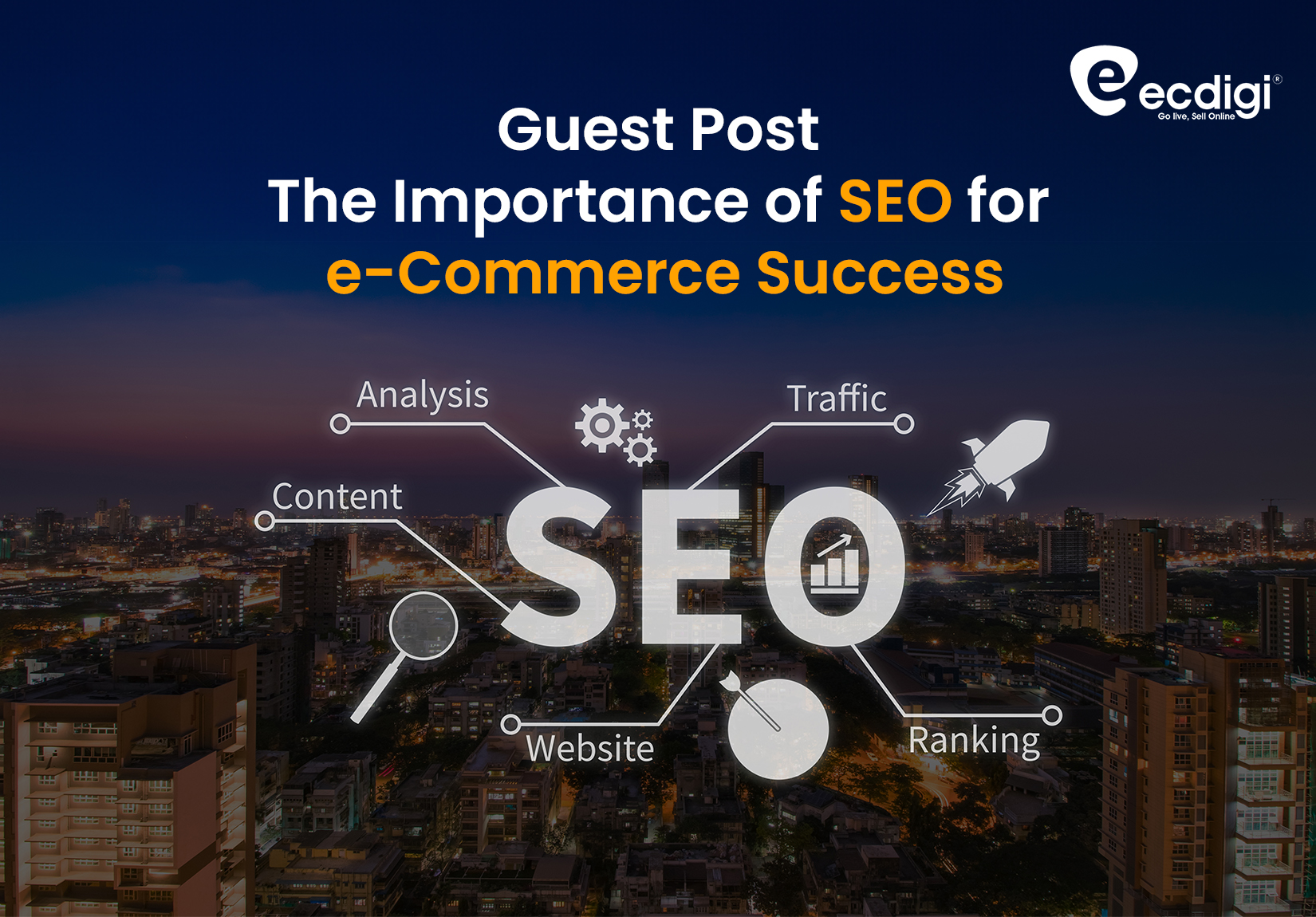
In the fast-paced world of e-Commerce, standing out among competitors can be a daunting task. With thousands of online stores vying for the attention of potential customers, how do you ensure that your store doesn’t get lost in the shuffle? The answer lies in mastering Search Engine Optimization (SEO). Today, we have a special guest post that dives into the importance of SEO for e-Commerce success, offering insights and practical tips for online store owners.
What is SEO?
SEO, or Search Engine Optimization, is the practice of optimizing your website to rank higher on search engine results pages (SERPs). The goal is to increase organic (non-paid) traffic to your site by making it more visible to people who are searching for products or services related to your business. SEO encompasses various strategies, including keyword research, on-page optimization, link building, and content creation.
Why is SEO Crucial for e-Commerce?
1. Increased Visibility and Traffic
The primary benefit of SEO is improved visibility. When your online store ranks higher on search engines like Google, it becomes more accessible to potential customers. The majority of online experiences begin with a search engine, and studies show that users are more likely to click on one of the top five suggestions in the results. By optimizing your site, you can capture a larger share of this valuable traffic.
2. Cost-Effective Marketing
Unlike paid advertising, which can quickly eat up your marketing budget, SEO is a cost-effective strategy. While it requires an investment of time and resources to get started, the ongoing costs are relatively low. Moreover, the long-term benefits of a well-executed SEO strategy can be substantial, providing a steady stream of organic traffic without the ongoing expense of pay-per-click (PPC) campaigns.
3. Builds Credibility and Trust
Websites that rank high on search engine results are often perceived as more trustworthy and credible. SEO helps establish your online store as an authority in your niche by improving the quality of your content, earning backlinks from reputable sites, and providing a seamless user experience. This trust translates into higher conversion rates and customer loyalty.
4. Better User Experience
Good SEO practices go hand-in-hand with providing a better user experience. Search engines prioritize websites that are user-friendly, fast, and mobile-responsive. By focusing on SEO, you also enhance the overall usability of your site, making it easier for visitors to navigate and find what they’re looking for. This not only boosts your search rankings but also increases the likelihood of converting visitors into customers.
5. Staying Ahead of Competitors
In the competitive world of e-Commerce, staying ahead of your competitors is crucial. If your competitors are investing in SEO and you are not, they will likely attract more customers and dominate the market. By implementing a robust SEO strategy, you can ensure that your online store remains competitive and continues to grow.
Key SEO Strategies for e-Commerce Success
1. Keyword Research
Effective keyword research is the foundation of any successful SEO strategy. Identify the search terms and phrases that potential customers are using to find products similar to yours. Tools like Google Keyword Planner, Ahrefs, and SEMrush can help you discover high-volume, low-competition keywords to target.
2. On-Page SEO
On-page SEO involves optimizing individual pages on your website to rank higher and earn more relevant traffic. Key elements include:
-
 Title Tags and Meta Descriptions: Craft compelling title tags and meta descriptions that include your target keywords and encourage users to click through to your site.
Title Tags and Meta Descriptions: Craft compelling title tags and meta descriptions that include your target keywords and encourage users to click through to your site.
-
 Product Descriptions: Write unique, detailed product descriptions that incorporate relevant keywords naturally.
Product Descriptions: Write unique, detailed product descriptions that incorporate relevant keywords naturally.
-
 URL Structure: Use clean, keyword-rich URLs that are easy for search engines and users to understand.
URL Structure: Use clean, keyword-rich URLs that are easy for search engines and users to understand.
-
 Header Tags: Use header tags (H1, H2, H3) to structure your content and make it more readable.
Header Tags: Use header tags (H1, H2, H3) to structure your content and make it more readable.
3. Technical SEO
Technical SEO focuses on the backend elements of your website that affect search engine visibility. This includes:
-
 Site Speed: Ensure your website loads quickly, as slow-loading sites can negatively impact your rankings and user experience.
Site Speed: Ensure your website loads quickly, as slow-loading sites can negatively impact your rankings and user experience.
-
 Mobile Optimization: Make sure your site is fully optimized for mobile devices, as more users are shopping on their smartphones.
Mobile Optimization: Make sure your site is fully optimized for mobile devices, as more users are shopping on their smartphones.
-
 XML Sitemaps: Create and submit an XML sitemap to search engines to help them crawl and index your site more efficiently.
XML Sitemaps: Create and submit an XML sitemap to search engines to help them crawl and index your site more efficiently.
-
 Robots.txt: Use a robots.txt file to control which pages search engines should and shouldn’t crawl.
Robots.txt: Use a robots.txt file to control which pages search engines should and shouldn’t crawl.
4. Content Marketing
Content is king in the world of SEO. Creating high-quality, relevant content can drive traffic, engage visitors, and earn backlinks. Consider starting a blog where you can publish articles, guides, and tutorials related to your products and industry. This not only helps with SEO but also positions your brand as a knowledgeable authority in your niche.
5. Link Building
Earning backlinks from reputable websites is a critical component of SEO. Backlinks act as votes of confidence from other sites, signaling to search engines that your content is valuable and trustworthy. Focus on building relationships with influencers, bloggers, and industry publications to earn high-quality backlinks.
6. Local SEO
Social media platforms are powerful tools for promoting your online store. Develop a presence on platforms where your target audience is most active. Share engaging content, run promotions, and interact with your followers to build a community around your brand.
3. Email Marketing
If your e-Commerce business also has a physical presence, local SEO is essential. Optimize your site for local searches by claiming your Google My Business listing, encouraging customer reviews, and including location-based keywords in your content.
Measuring SEO Success
To ensure your SEO efforts are paying off, it’s important to track your performance using tools like Google Analytics and Google Search Console. Key metrics to monitor include:
-
 Organic Traffic: The number of visitors coming to your site from search engines.
Organic Traffic: The number of visitors coming to your site from search engines.
-
 Bounce Rate: The percentage of visitors who leave your site after viewing only one page.
Bounce Rate: The percentage of visitors who leave your site after viewing only one page.
-
 Conversion Rate: The percentage of visitors who complete a desired action, such as making a purchase or signing up for a newsletter.
Conversion Rate: The percentage of visitors who complete a desired action, such as making a purchase or signing up for a newsletter.
-
 Keyword Rankings: The positions of your target keywords in search engine results.
Keyword Rankings: The positions of your target keywords in search engine results.
-
 Backlinks: The number and quality of backlinks pointing to your site.
Backlinks: The number and quality of backlinks pointing to your site.
Conclusion
SEO is an indispensable tool for achieving e-Commerce success. By increasing your online visibility, driving organic traffic, and building trust with your audience, you can create a solid foundation for long-term growth. While SEO requires an investment of time and resources, the benefits far outweigh the costs. Whether you’re just starting out or looking to improve your existing online store, implementing a comprehensive SEO strategy can help you reach your business goals.
Thank you for joining us for this guest post. We hope these insights and tips have inspired you to take your e-Commerce SEO efforts to the next level. Remember, the world of SEO is constantly evolving, so stay informed about the latest trends and best practices to ensure continued success. Happy optimizing!



